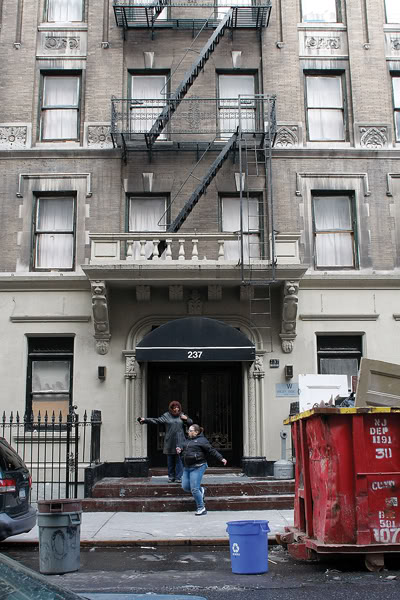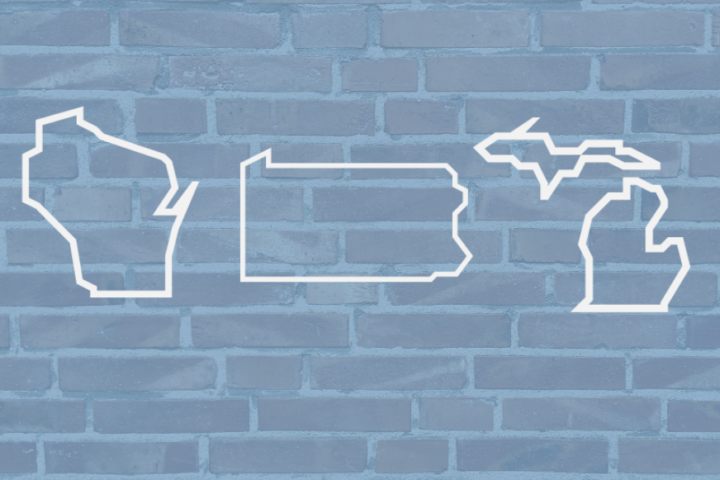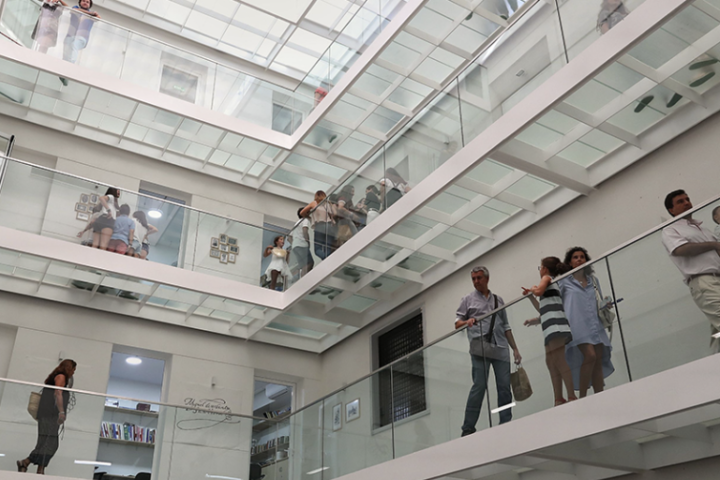At around 6:30 on the evening of September 30th, people began to trickle into the small, dank gymnasium of the Ascension School on 108th between Broadway and Columbus. The group was diverse in age, race, gender, and creed, numbering likely a bit over 100. Finding seats on folding chairs set up facing a scuffed stage, friends and neighbors greeted one another, pointing out familiar faces and murmuring to each other in quiet outrage. Out in the hallway, a statue of the Virgin Mary adorned with a plastic flower crown and surrounded by golden stick-on stars watched calmly over the proceedings.
As people settled into their chairs, Kurk Pohmer stepped onstage and surveyed the sizable crowd. Pohmer, a middle-market lender who has been involved in the neighborhood for 15 years as a member of his building’s board and block association and a trustee at the nearby Ascension Parish, was there to speak on a matter that was more relevant to him than perhaps anybody else: that of his neighbors’ safety and wellbeing.
A week before, he and the rest of the 107th street block association had posted flyers all around the Upper West Side from Riverside to Columbus, 109th to 96th imploring residents to “ATTEND A MEETING OF GREAT CONCERN TO OUR NEIGHBORHOOD.”
For the past five years, Pohmer has lived across the street from the Transitional Women’s Shelter at 237 West 107th, a converted apartment building. The shelter houses 120 women at a time, and works exclusively with women capable of seeking and maintaining employment or attending school, helping them find permanent homes and improve their living situations. It acts, more than anything, as a safe, clean environment for women to find their footing and build networks.
These women’s safe haven, however, is now in grave danger. Two weeks ago, New York City’s Department of Homeless Services (DHS) declared a state of emergency, which allows them to circumvent typical protocols of notifying communities, leaving the neighborhood’s residents entirely in the dark. On Friday, September 27th, the DHS and Help USA (an organization that runs many of the country’s shelters) attempted to force the women to sign a 48-hour eviction notice. They were to be displaced and replaced, they later learned, by 120 single homeless men.
“Nobody understands this decision,” said Pohmer, “they’re not getting any more beds or anything, just disrupting a shelter that has been working for years. It’s just cruel, really.”
Luckily, the community managed to rally around the shelter and block this attempt at eviction, but by the evening of September 30th, the first night of the Jewish new year, just a few hours before the community meeting, another eviction notice was served. “This is a total slap in the face to our community,” said Pohmer, “especially for practicing Jews, because they were unable to be here tonight. And it’s a very strategic move by the DHS, since most elected officials have the day off today.”
“Where is the communication and transparency?” Evelyn Lanoix, a member of the 107th Street Block Association, asked the gathered community members, “we were not notified by DHS of this change in plans. This previously successful working relationship we had with DHS is now strange and not trusting.”
The first two rows of seats were populated almost exclusively by the shelter’s residents, many of whom are young Women of Color. Though none of them spoke onstage, fearing retribution by the DHS, testimonials were read anonymously by board members. “Last week,” one resident wrote, “all of us were blindsided by the fact that we may no longer be [at 107] anymore…We take care of each other and want nothing but the best for each and every one of us. When we finally move out of the shelter system, into our own apartments, we want to be able to say that 107 is the reason for all of that. To move all of us is definitely not in the best interests of the women here or in the community.”
The residents, Lanoix pointed out, “have participated in our community whenever asked…they merge almost seamlessly into our community because they know they are welcomed and appreciated. This shelter should be used as an ideal model for other DHS shelters throughout the city.”
Manhattan Borough President Gale Brewer, whose office had reached out to the 107th Street Block Association to inform them of the plans for eviction, spoke of the issue in both personal and political terms. “When I first heard that the women would not be allowed to stay, and men would be coming in, I was livid,” she said, “not just as somebody who has been fighting for women’s rights my whole life, but because you as a community have worked together to make this work. Why in the world do you mess something up…when the community is so supportive? I also contacted every women’s group I could think of, and I don’t care how many men need space. These women come first.”
“Most communities fight having a shelter in their neighborhood,” Pohmer noted, “but our community is fighting DHS to keep a working and successful shelter in its neighborhood. This is a unique and powerful story that showcases what is so great about how we live, where we live, and who we are. I have faith that we can change things. The people speak, and now, hopefully, people will listen.”
Later that night, on the shelter’s front steps, a few residents stood talking. “If they shut us down,” one cried, “we’ll have to start from nothing all over again!”
“Truth be told,” replied another, “[the DHS] know it’s damn wrong, that’s why they’re not being honest. The truth has got to be told.”
“True,” said the first, “but I’m honestly just scared.”






